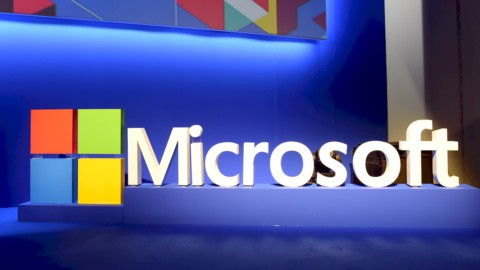Despite the new chaos erupted in Libya, Eni currently has no particular problems for his activities in the North African country. This was confirmed by a spokesman for the Italian group, specifying that only local personnel work in Libya and that "everything takes place regularly". But the political situation in the North African country is so critical as to keep observers and investors in suspense, awaiting the developments that will follow the new crisis. The Eni share is currently not affected by the tensions and is at 16,12 euros in Piazza Affari (+0,22%) supported by the rise in international oil prices that began some time ago and by the upgrades that also recently arrived on the share.
So let's see the situation and the possible prospects, taking into account the complexity of the Libyan situation where the fragile Al Seraj government is subjected to continuous shocks by the local militias and by the competition of General Haftar, supported by the French also in an anti-Islamic key as well as for Total's interests in the field. Coming to Eni, the risk of attacks on the plants exists, but most of Eni's installations and fields – the main and historical foreign operator in Libya where it has been operating since 1959 – are located in the western part of the country so far less exposed to attacks by jihadists and on offshore platforms.
In particular, Eni operates in the fields Onshore di Wafa (gas and oil) ed Elephant (oil) and in those offshore di Bouri (oil) e Bahr Essalam (gas). The latter, via the Sabratha platform, sends the gas to the Mellitah treatment centre, which in turn conveys it to the Greenstream pipeline for export to Italy.
In Cyrenaica, the most unstable region of the country, Eni manages the oil field of Abu Attifel, which however has now been closed for a year and a half.
From the point of view of national interest, Libya is now the fifth oil supplier to Italy and a source of supply marginal on the gas front. Consequently, as far as the quantity of energy supplies is concerned, the new crisis does not represent a significant danger for our country. One of Eni's strengths, on the other hand, is that it is the main supplier of gas to the local Libyan market, doubling supplies in the last four years, with 20 million cubic meters per day destined entirely to power the country's power plants for a power generation capacity of over 3 GW. Therefore, it is all in the Libyans' interest to protect the Six-legged Dogs because otherwise they would risk remaining in the dark.
Nor can at the moment justify repercussions on the fuel price, since the cost of petrol and diesel is linked to international oil prices, on which the Libyan crisis affects in a very limited way.
In the case of the Libyan crisis, following the fall of Gaddafi after the civil war, the economic game to follow is the one being played between Eni and Total. Despite the upheavals of recent years, the presence of the Italian group in Libya is still much more extensive and deeply rooted than that of the French giant, which it continues to chase from afar (although last March it shortened the distance by acquiring the 450% of the Waha concession from the Americans of Marathon Oil). Eni currently produces in the North African country 384 thousand barrels per day, the equivalent of the historic peak reached in 2017. Total, on the other hand, is aiming for share 100 thousand barrels, however a much better result than that achieved before the fall of Gaddafi, when the maximum production of the French did not exceed 30 barrels per day. However, it should be remembered that Eni has contracts in hand with still long expiries: 2042 for oil production and 2047 for gas.
Also to favor the interests of Total, Paris supports the general politically Khalifa Haftar, owner of Cyrenaica, in opposition to the government of national unity led by Fayez al-Serraj, recognized by the UN (not a small contradiction, France being a permanent member of the Security Council of the United Nations).
In recent months, however, the French president Emmanuel Macron he had proposed himself as a mediator between the two sides, which they had reached an agreement to go to new elections on 10 December. An appointment that at this point risks skipping.





